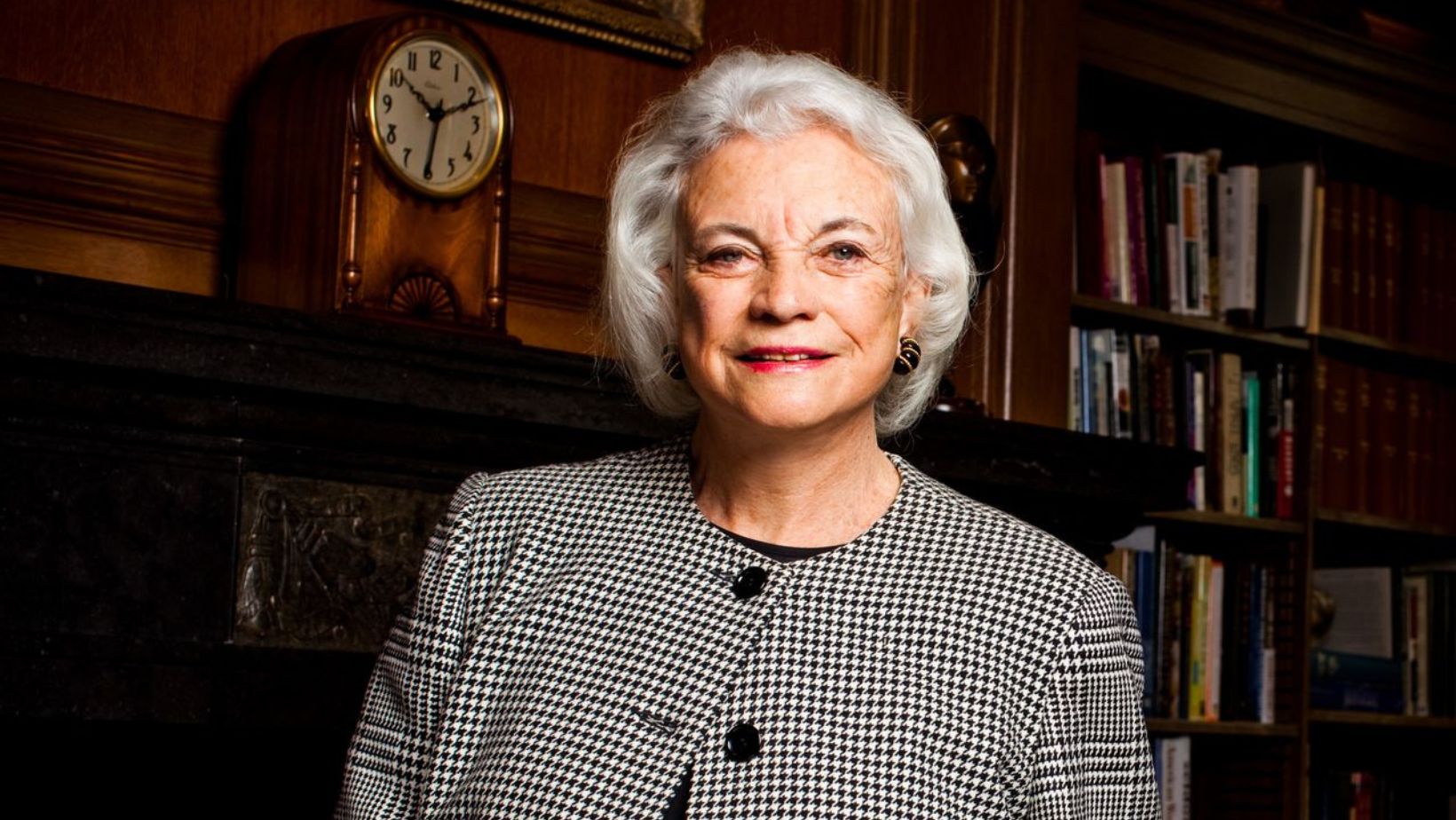Sandra Day O’Connor, the trailblazing jurist who shattered glass ceilings to become the first female Supreme Court Justice of the United States, has passed away at the age of 93. The announcement of her demise came from the Supreme Court on Friday, citing complications related to advanced dementia, likely Alzheimer’s, and a respiratory illness.
Born on March 26, 1930, in El Paso, Texas, Sandra Day O’Connor’s journey from a family ranch near Duncan, Arizona, to the highest court in the land was marked by resilience, determination, and a commitment to justice. She earned her undergraduate and law degrees from Stanford University in 1950 and 1952, respectively, encountering discrimination early in her career when law firms rejected her for being a woman.
Undeterred, O’Connor entered public service, serving as a deputy district attorney in California and later as a civil attorney for the U.S. Army in Germany. Returning to the U.S., she faced similar gender biases but persisted, eventually becoming a trailblazing figure in Arizona politics.
In 1969, Sandra Day O’Connor was elected as a Republican to the Arizona Senate, making history as the first woman in the United States to hold the position of majority leader. Her political career continued with a role as a Superior Court judge in Maricopa County and an appointment to the Arizona Court of Appeals in Phoenix in 1979.
In a historic move, President Ronald Reagan nominated Sandra Day O’Connor to the Supreme Court in 1981 to fill the vacancy left by Justice Potter Stewart. Confirmed unanimously by the Senate, she was sworn in on September 25, 1981, becoming the first woman to serve on the Supreme Court.
Throughout her tenure, O’Connor played a pivotal role in numerous landmark decisions, showcasing her dispassionate and meticulously researched opinions. Notably, she addressed contentious issues such as abortion, affirmative action, voting rights, religion, and sex discrimination. Her moderate conservative stance, coupled with a penchant for delivering influential swing votes, earned her a reputation as a pragmatic and pivotal justice.
In a letter in 2018, Sandra Day O’Connor publicly disclosed her diagnosis of early-stage dementia, stating, “While the final chapter of my life with dementia may be trying, nothing has diminished my gratitude and deep appreciation for the countless blessings of my life.”
Upon her retirement from the Supreme Court in 2006, O’Connor continued to contribute to public discourse through books, receiving the Presidential Medal of Freedom in 2009. Her legacy endures not only in legal precedent but also in inspiring generations of women to pursue careers in law and public service.
Sandra Day O’Connor’s impact on the judiciary and her pioneering spirit will be remembered as a beacon of progress and equality, a testament to her enduring legacy in American history.



